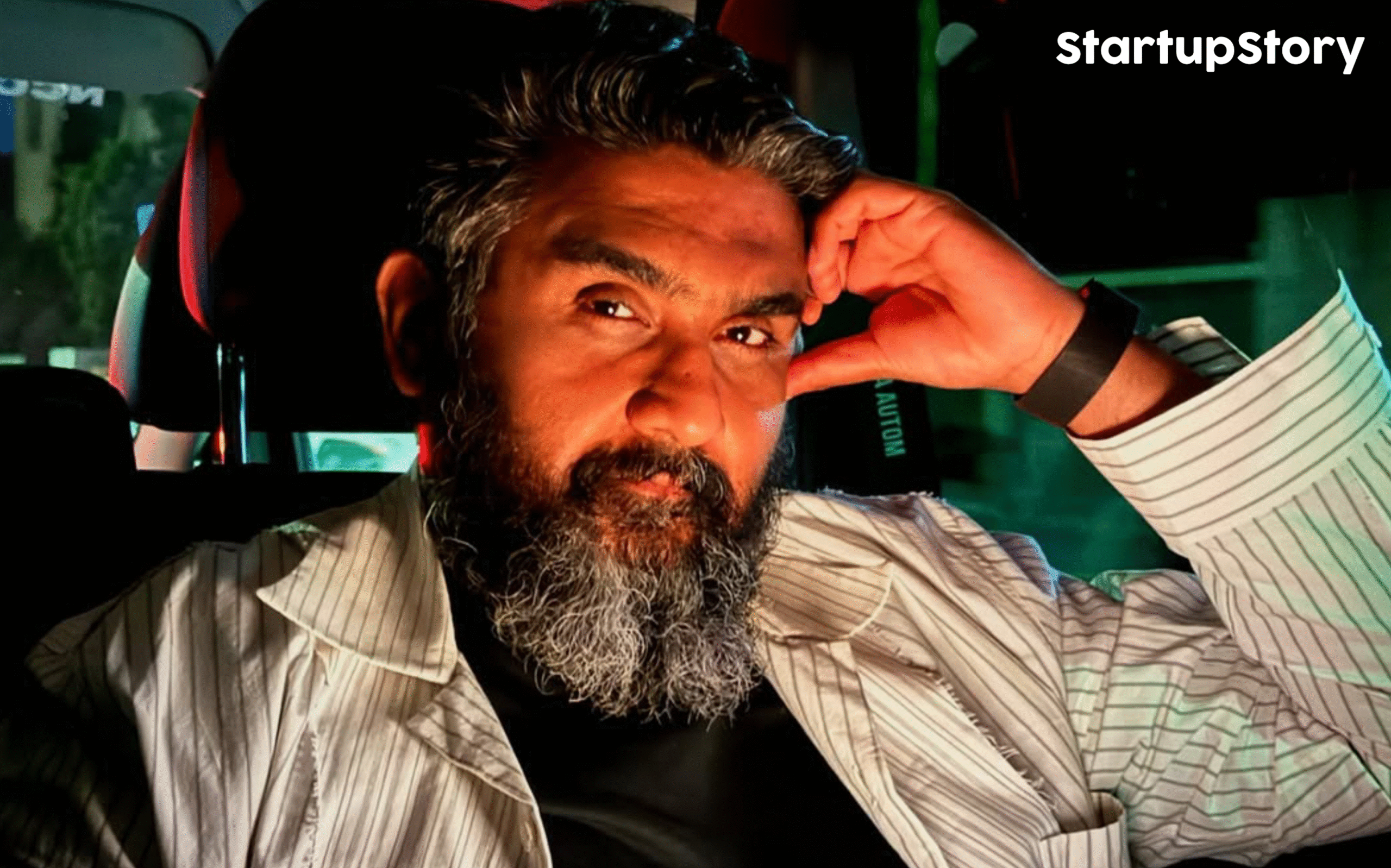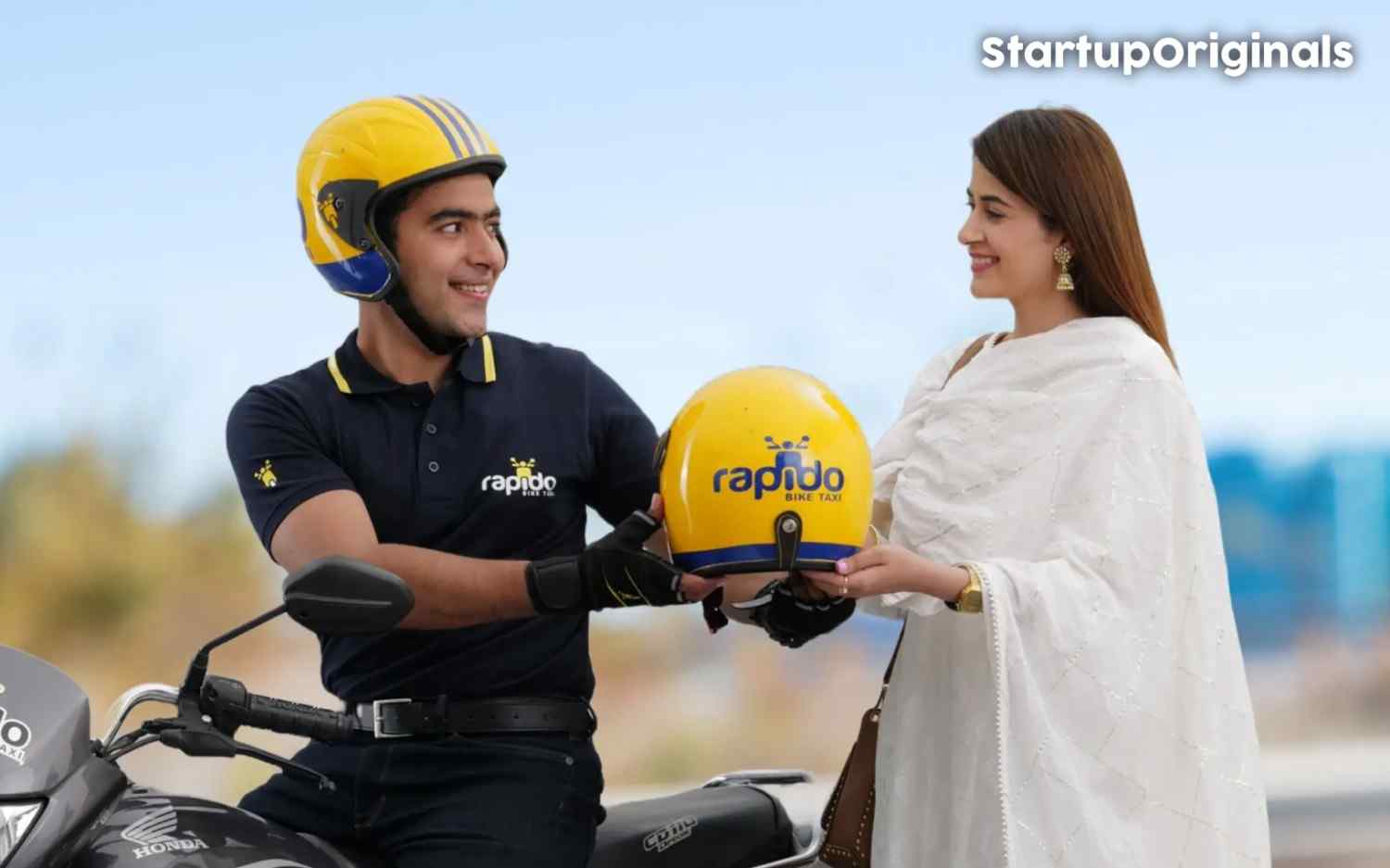
CRED founder and noted angel investor Kunal Shah has sparked a fresh conversation about how Indians often undervalue their own time-sometimes drastically. Speaking recently at a public event, Shah shared a sharp observation that struck a chord with many:
“In the US, even teenagers know their hourly worth-whether they’re mowing lawns or waiting tables,” he said. “But in India, people making ₹10,000 an hour will spend an hour trying to save ₹500 on a flight. That’s just poor time math.”
This comment perfectly sums up a deeper behavioural gap in how we think about money versus time. While many Indians are laser-focused on saving money-bargaining for discounts, comparing flight prices, and avoiding delivery fees-few stop to calculate the real cost of the time they spend doing these things.
Time is Money-But Not in India?
According to Shah, the idea of “time value for money” is missing from the mindset of most Indians.
“Time value for money is an interesting concept that doesn’t exist for most Indians,” he pointed out.
This leads to a strange paradox: people who earn thousands per hour spend their valuable time trying to save a few hundred rupees. In the process, they end up losing more value than they gain-just because the time component is invisible in their decision-making.
In contrast, Shah highlights how even young people abroad intuitively understand this trade-off. For example, an American teenager knows how much they make per hour, and uses that number to decide whether a task is worth their time or not. But in India, we often treat time as a free resource—even when it’s costing us heavily.
His Ventures Are Born from These Observations:
Interestingly, this kind of behavioural insight is exactly what drives Shah’s business ideas.
“I just love connecting the dots,” he said. “All my businesses are just manifestations of thoughts and observations over time.”
From Freecharge to CRED, Shah has consistently built products around human psychology—especially in areas where our money habits are flawed. His goal? To help people build better financial discipline and awareness.




